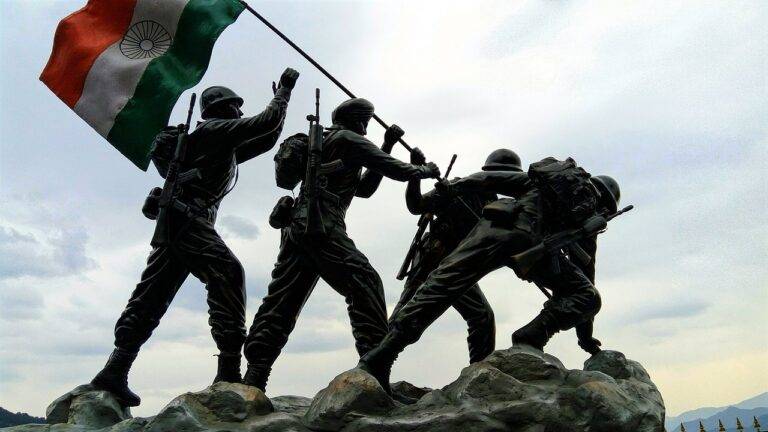Effective Communication Strategies for Volunteer Coordination: Goldbet.com registration, Tiger exchange login, Betbook247
goldbet.com registration, tiger exchange login, betbook247: Volunteer coordination is essential for the successful execution of any project or program. However, managing volunteers can be a challenging task, especially when it comes to communication. Effective communication strategies are crucial to ensure that volunteers are engaged, motivated, and informed throughout their experience. Here are some communication strategies to help you coordinate volunteers effectively:
1. Clear Expectations:
Setting clear expectations from the beginning is essential for effective volunteer coordination. Clearly outline the roles and responsibilities of volunteers, as well as the time commitment required. Be transparent about the goals of the project and how volunteers can contribute to its success.
2. Regular Updates:
Keep volunteers informed about any changes, updates, or important information related to the project. Send out regular updates via email, newsletters, or team meetings to ensure that everyone is on the same page. This will help volunteers feel engaged and connected to the project.
3. Two-Way Communication:
Encourage open communication between volunteers and coordinators. Create opportunities for volunteers to provide feedback, ask questions, and share their ideas. This two-way communication can help build trust and strengthen the relationship between volunteers and the coordination team.
4. Utilize Multiple Channels:
Use a variety of communication channels to reach volunteers effectively. In addition to email, consider using social media, texting, or a volunteer management platform to communicate with volunteers. Different volunteers may prefer different communication methods, so it’s essential to cater to their preferences.
5. Personalize Communication:
Personalize communication whenever possible to make volunteers feel valued and appreciated. Address volunteers by their names, tailor messages to their interests, and acknowledge their contributions. This personal touch can go a long way in building a positive relationship with volunteers.
6. Training and Orientation:
Provide volunteers with the necessary training and orientation to ensure they are well-prepared for their roles. This includes explaining the project objectives, reviewing tasks, and providing any relevant resources. Clear communication during training can help volunteers feel confident in their abilities.
7. Celebrate Achievements:
Recognize and celebrate the achievements of volunteers to show appreciation for their hard work. Highlight their contributions through shout-outs, thank-you notes, or acknowledgment in team meetings. Celebrating achievements can boost morale and motivate volunteers to continue their efforts.
FAQs:
Q: How often should I communicate with volunteers?
A: It’s essential to maintain regular communication with volunteers, whether it’s through weekly updates, monthly newsletters, or as needed. Find a cadence that works for your team and ensures that volunteers are informed and engaged.
Q: What should I do if a volunteer has a question or concern?
A: Encourage volunteers to reach out with any questions or concerns they may have. Be responsive and address their needs promptly to ensure a positive volunteer experience.
Q: How can I gather feedback from volunteers?
A: Consider using surveys, feedback forms, or one-on-one meetings to gather feedback from volunteers. Ask for input on the volunteer experience, project effectiveness, and areas for improvement.
In conclusion, effective communication is key to successful volunteer coordination. By setting clear expectations, maintaining regular updates, fostering two-way communication, and personalizing communication, you can engage and motivate volunteers to contribute to the success of your project. Utilize multiple channels, provide training and orientation, and celebrate achievements to create a positive and rewarding volunteer experience.







